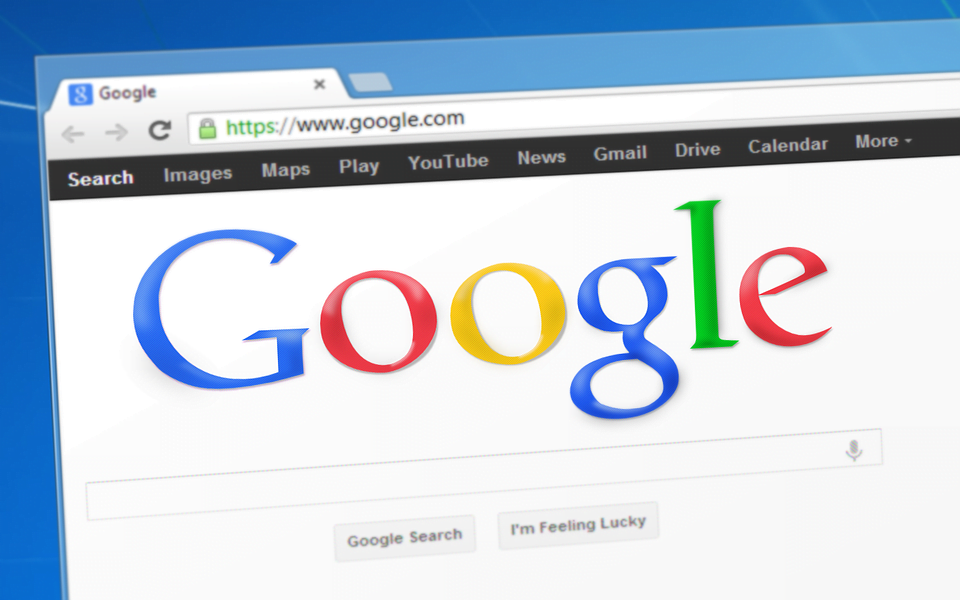Get the Most Out of your Pay-Per-Click Ad Dollars!
Every month, over 1.17 billion unique users search on Google over 100 billion times, around the world.
That is a massive audience looking for products and services.
Pay per click (PPC) advertising has become one of the most essential tools for marketers to utilize. Any of those 100 billion searches can have your ad beside it.
The digital marketing industry is rapidly growing, as low costs and enormous reach make PPC an opportunity that many businesses are jumping all over.
While it requires the application of time & a budget to find the right consumers, search engine marketers are clear that paid search is a wise investment – one that will lead to immediate positive returns.
Below are three questions to ask yourself or your business prior to running a PPC campaign.
1. How Much Do I Want to Spend?
Depending on the industry, pay per click advertising can range from reasonably priced to ridiculously expensive. But with PPC, you have direct control over your budget.
Search engines use an auction system to determine ad placement. Users bid a maximum CPC (cost per click), the highest amount you are willing to pay for one click on your ad. Typically, the user who bids the highest has the best chance of their ad being shown and ranked the highest on the page.
You may be able to determine a budget based on the value of acquiring one new client. How many new clients do you want per month?
2. Who Am I Targeting My Ad Towards?
Defining your audience is an important part of creating an effective campaign.
Both Google AdWords & Bing Ads use location as a main method of targeting. Advertisers can segment their audience by country, city, region, postal code, or even custom radius targeting. The location possibilities allows exact focus, which is why a successful PPC marketing campaign specifies exactly where their product or service ad should be shown, to make sure no ad dollars are wasted.
3. What Are My Conversion Goals?
The term “conversion” in search engine marketing is awfully broad. But generally, a desired action is taken by the person clicking through to the website from one of your ads.
Every PPC campaign implicitly has a “conversion” attached to it, from simply driving users to a website, generating a phone call, through to generating a sale – and determining what caused that person to take that action.
While it might require extra effort to apply, marketers are able to track conversion metrics (e.g. phone calls, sales, contact forms, etc.) on Google AdWords or Bing Ads. Tracking campaign conversions is not a necessity, but it is of great value when attributing the ‘where did that sale come from?’ in a campaign.
Defining conversion goals prior to launching allows marketers to properly optimize the campaign, create measurable results when the campaign begins, and make determinations about the future direction of the campaign.
Pay per click advertising is like a never ending race — you always have the hunger to win, but the finish line is non-existent. Advertisers constantly work to optimize PPC campaigns as best they can, but in the ever-changing landscape of the internet, there is always something more that can be done to improve, compensate for other advertisers, discovering the sweet spots on each keyword category and audience.
We hope that answering these three questions gives companies an idea as to whether or not they are prepared to begin running a successful PPC campaign. Feel free to give us a call to get more questions and answers!


